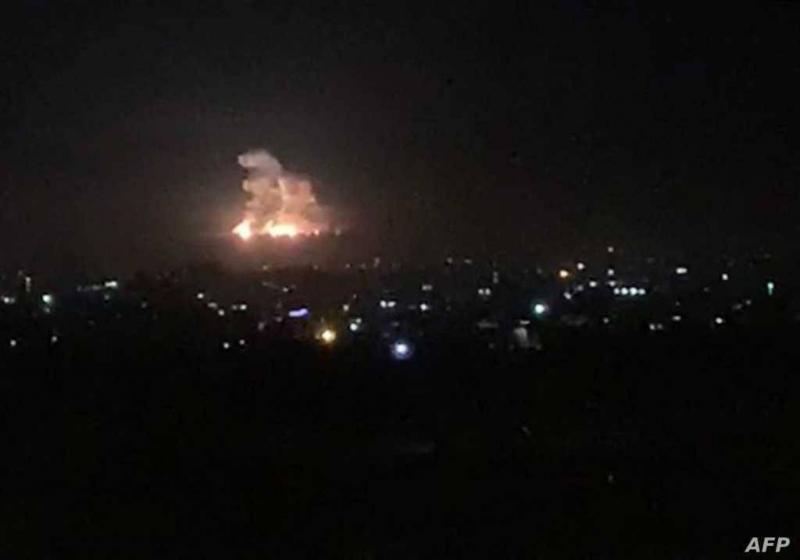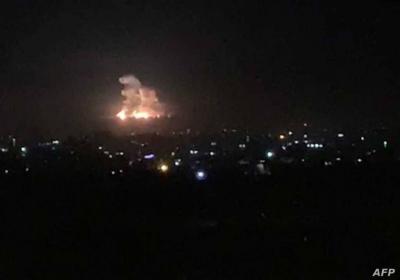The Israeli army plans to continue its operations and airstrikes in Syria throughout the coming year to curb Iran's influence and limit its ability to transfer weapons, as such strikes are believed to have achieved their objectives in 2021, according to the Times of Israel. The Israeli military hopes these attacks will drive a wedge between the Assad regime and Iran.
The report notes that while these strikes directly target Iranian weapon caches and facilities linked to Iran in Syria, the Israeli army also aims to make Syria "pay the price for allowing Iran to operate on its territory" in an effort to persuade Assad to stop or reduce support for Iran. This is evident in the Israeli military's strikes on Syrian air defense systems and bases of Syrian military units cooperating with the Iranian Revolutionary Guard.
In recent hours, a missile attack, reportedly Israeli, targeted sites in the port city of Latakia early Tuesday, marking the second incident of this kind in less than a month. Israel is highly concerned about the presence of these Iranian-affiliated militias and Hezbollah near its borders and wishes to drive them all out of Syria by intensifying attacks on their locations.
Israeli political analyst Yoav Stern previously stated that the strikes targeting Latakia for the second time indicate that "Israel has not backed down from confronting Iranian military presence in Syria, and as Bennett stated, it must dismantle the missile ring that Iran is trying to set up around Israel." For years, Israel has maintained a policy of not commenting on its missile or airstrikes in Syria.
**Massive War May Not Happen**
On another note, it remains unclear whether Israel will carry out a strike against Iranian nuclear facilities, as such an attack would provoke widespread backlash from Iran both directly and through its proxies in the region, placing Israel at risk of a massive multi-front war, according to the Israeli newspaper.
The report mentions that currently, the Israeli army has the capability to bomb the Iranian enrichment site in Natanz, which is an easier target since its underground parts are close enough to the surface to be struck using conventional munitions. In contrast, the Fordow facility, located underground in a rocky mountain, would be difficult to hit without using very heavy bombs.
However, the Israeli army will continue its preparations to strike Iranian nuclear facilities next year, with plans to conduct training in the spring to simulate such an attack and ongoing efforts to acquire the necessary munitions for the mission. It would take at least several months and is likely to take more than a year to develop the capabilities required to launch a more comprehensive strike that could disrupt the Iranian nuclear program for several years, according to the newspaper.
The recently approved state budget provides the Israeli army with the resources needed to negotiate long-term agreements with weapon companies in the United States and domestically to ensure that the army obtains the necessary armaments and systems in the coming years.




